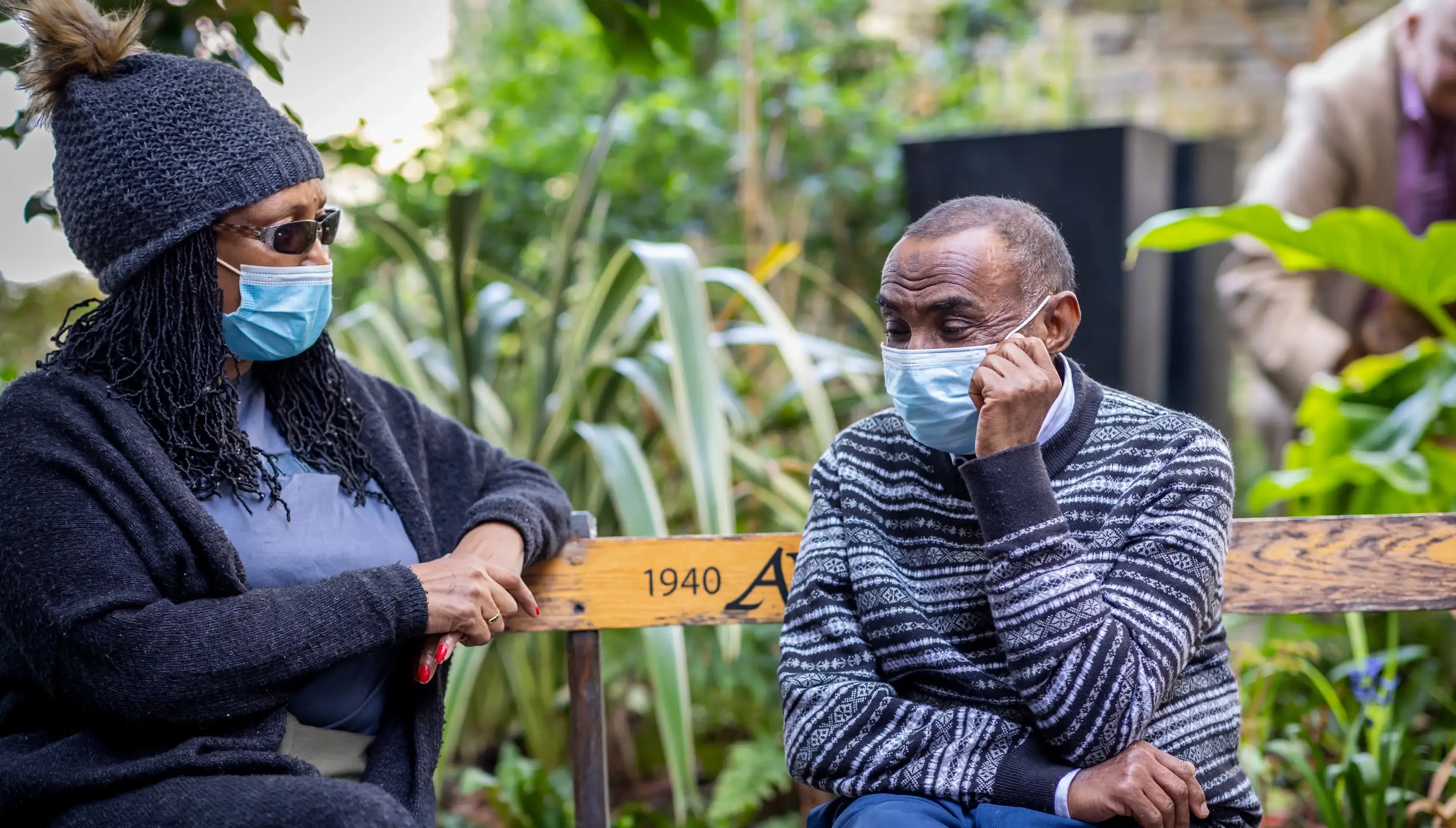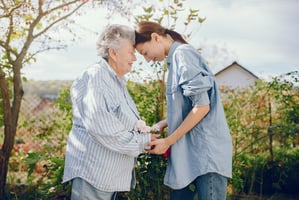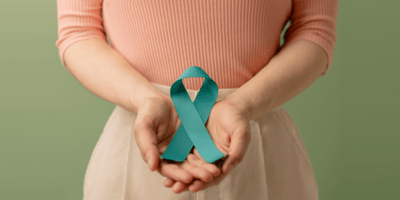By Contributing Guest Author Bob Shannon from Seniors Meet
A new COVID-19 variant is spreading in the United States, causing a resurgence in cases—particularly among vulnerable populations like older adults.
If you're a caregiver for an older adult, you're likely feeling a mix of concern and déjà vu. And rightly so—COVID-19 remains a serious threat to those over 65, especially those with underlying health conditions.
But don’t panic. Knowledge and preparation are your best tools in keeping your loved ones safe.
What We Know About the New COVID Variant in 2025
Health experts have identified a new strain—tentatively labeled “HV.1”—that is highly transmissible but, so far, not showing signs of increased severity. However, what makes this variant concerning is its ability to partially evade existing immunity, whether from prior infection or vaccination.
According to the CDC, cases are rising sharply in nursing homes, senior living communities, and among those with weakened immune systems.
Why Seniors Are Still Most At-Risk
The risks for older adults haven't changed:
-
Weaker immune response
-
Higher rates of chronic conditions (diabetes, heart disease, lung issues)
-
Slower recovery times
-
Increased risk of hospitalization and death
As a caregiver, this makes your role more important than ever.
7 Essential Tips to Protect Seniors from the New COVID Variant
-
Get the Latest Booster
Encourage your senior to get the updated COVID-19 vaccine, which is being reformulated to better match this year’s circulating strains. -
Mask Up in High-Risk Areas
Reintroduce masks when indoors in crowded spaces—especially healthcare settings, airports, and grocery stores. -
Prioritize Ventilation
Fresh air is a simple yet powerful defense. Open windows, use air purifiers, or meet outdoors when possible. -
Practice Good Hygiene
Frequent handwashing and disinfecting high-touch surfaces are still vital. Remind others to stay home if they’re feeling sick. -
Limit High-Risk Visitors
Be cautious about who comes into close contact with your loved one. Ask guests to test if they've recently traveled or been exposed. -
Keep a Symptom Journal
COVID symptoms in older adults can be subtle or atypical (like confusion or fatigue). Track and report any unusual changes to a healthcare provider. -
Have a Plan in Place
Prepare for quarantine if needed—stock up on essentials, have telehealth access ready, and know the nearest testing centers.
Caregivers: Don’t Forget Your Own Health
As the frontline protector of your senior’s well-being, your health matters, too. Stay current on vaccines, wear protective gear, and seek support if you're feeling overwhelmed. Burnout doesn't help anyone.
Tip: Join online caregiver forums to share resources and emotional support. You're not alone in this.
Stay Informed, Stay Ahead
COVID-19 continues to evolve, but so does our knowledge. By staying informed and proactive, you can dramatically reduce the risk for your loved one.
Sign up for alerts from trusted sources like the CDC, local health departments, or senior care platforms you trust.
This resurgence is a wake-up call, not a reason to panic. As a caregiver, your vigilance and compassion make a lasting difference. Take the precautions that worked before, update your knowledge, and prepare smartly for the months ahead.




